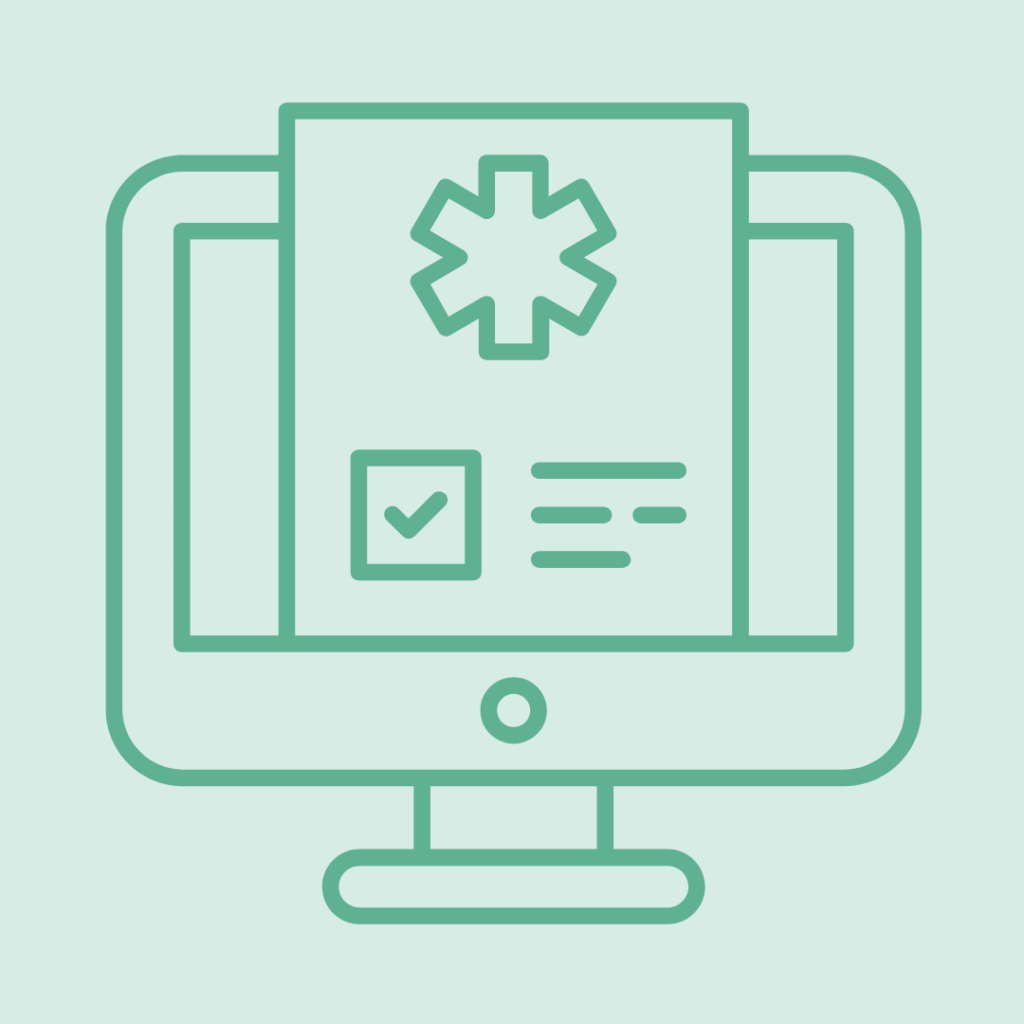Smoking Cessation
6am - midnight, 7 days a week
Accessible from anywhere in Australia.
eScript in minutes
Medication delivery

What is nicotine dependence?
Nicotine dependence, or addiction, occurs when individuals struggle to reduce or quit using tobacco products due to nicotine’s addictive properties. Signs of nicotine dependence include smoking within 30 minutes of waking up, consuming 10 or more cigarettes a day, and experiencing cravings or withdrawal symptoms when trying to cut down or quit.
Nicotine Dependence Treatment Options

Online Prescriptions
- For when your script has run out
- Script sent to your phone
- Doctor approved

Telehealth Consultations
- When you need to speak to a doctor
- Online, Video & Phone Call or Message
- Fast access to medical advice
Medical Certificates
- For when your script has run out
- Script sent to your phone
- Doctor approved

Nicotine Dependence Symptoms
Nicotine dependence is characterized by a strong physical and psychological need to use nicotine, often found in cigarettes, vaping devices, or other tobacco products. Symptoms include frequent cravings, difficulty controlling tobacco use, and continued use despite health problems. Individuals may also experience irritability, anxiety, or restlessness when trying to reduce or quit. Dependence can lead to a habitual cycle, where users rely on nicotine to feel relaxed or focused, making it challenging to break free from the addiction.
Dangers of Nicotine Dependence
Nicotine dependence poses significant risks to both short- and long-term health. Prolonged use increases the risk of heart disease, stroke, lung diseases, and various cancers, particularly lung and oral cancers. Additionally, it can lead to reduced lung capacity, chronic obstructive pulmonary disease (COPD), and other respiratory issues. Beyond physical health, dependence often impacts mental well-being, leading to stress and financial burdens. Addressing nicotine addiction early through therapies, support groups, or medical interventions is vital to preventing serious health complications and improving quality of life.

Need a Specialist Referral?Get Yours in a Few Simple Steps!
Skip the long clinic waits and get referred to a specialist in minutes. The process is fast, secure, and simple.
- Quick access to specialist referrals – no in-person appointments needed
- Telehealth consultations with trusted, licensed doctors
- Fast, reliable service – referrals sent directly to your chosen specialist
- Convenient and affordable healthcare from your home
- No hidden costs – just simple, upfront pricing
Frequently
Asked Questions
The benefits of quitting start almost immediately. Within hours, your heart rate and blood pressure begin to normalize. Over time, your lung function improves, the risk of heart attack decreases, and your body repairs damage caused by smoking. Long-term, quitting significantly lowers the risk of cancer and chronic illnesses.
Nicotine, the addictive substance in cigarettes, creates a physical and psychological dependence. Many people also associate smoking with certain routines, emotions, or social situations, making it harder to break the habit. Withdrawal symptoms like cravings, irritability, and difficulty concentrating can also pose challenges.
Effective methods include nicotine replacement therapies (like patches, gum, or lozenges), prescription medications, behavioral therapy, and support groups. Many people find success by combining multiple approaches, such as counseling with nicotine replacement or medication.
Nicotine cravings usually peak within the first few days after quitting and gradually subside over the following weeks. While occasional urges may persist for months, they typically become less intense and easier to manage over time.
Some people experience weight gain after quitting due to increased appetite or turning to food to replace the habit of smoking. However, with mindful eating and regular physical activity, weight gain can often be minimized or avoided entirely.
E-cigarettes may help some people quit smoking by providing a less harmful alternative to traditional cigarettes. However, they are not risk-free and can still contain nicotine. It’s best to discuss options with a healthcare provider to find the most effective and safe method for you.

